Energy company EON and Nissan have installed 20 vehicle-to-grid (V2G) chargers as part of a trial to establish the benefits for fleet operators and is looking for more participants.
The install at Nissan’s European Technical Centre, in Cranfield, is the first in a large-scale V2G trial co-funded by Innovate UK. The project is now recruiting further participants for the trial and plans to deploy V2G chargers for organisations across the UK.
EON energy customers who enter the V2G trial could save up to an equivalent of 10,000 miles per annum (£308).
Peter McDonald, fleet director at Nissan Motor GB, said: “We know many fleets are not just looking at electric vehicle acquisition, they are also reviewing their energy infrastructure for a world where electric vehicles are fast becoming the norm. Nissan is collaborating with EON on this exciting energy infrastructure project to expedite V2G technology in the UK. Thanks to the Leaf and e-NV200 being V2G-capable, these EVs are well set for the future.”
V2G technology allows electricity to flow in both directions to and from electric vehicle batteries, allowing energy stored in the battery to be sold back to the grid when demand for power is high. Vehicles can then charge when demand is lower or renewable generation is high, reducing reliance on fossil-fuelled generation, giving V2G a role in carbon reduction efforts.
The technology can also release capacity on the electricity networks which distribute power around the country. In collaboration with UK Power Networks, the trial will go on to explore opportunities for customers to earn revenues from this as a service.
Luke Ellis, V2G programme manager with EON UK, added: “This is about commercialising a vehicle’s bi-directional charging capabilities, with clear advantages for businesses either already with a fleet of electric vehicles or those that are ready to make the transition to electric, and demonstrates how EON is providing solutions for customers that will help make the air cleaner.
“Operating an electric fleet means already contributing to the net zero emissions target and saving money through local clean air zone exemptions; integrating your fleet with V2G technology brings greater cost savings and the chance to earn extra revenue. Fleet vehicles which sit idle overnight, or even during the working day, could see their batteries charged when demand is low, with the energy exported when demand is high, but still be charged and ready for use when required.
”V2G technology brings with it wider environmental benefits for society as a whole. It can be considered ‘carbon negative’ for its potential to reduce or even remove the need for fossil-fuelled generation to be fired up at times of peak electricity demand.”
The V2G package for participants in the trial will be offered at a heavily subsidised price through grant funding made available through Innovate UK. Vehicles compatible with the technology being used in this project are currently the Nissan e-NV200 and the Nissan Leaf.
Fleet operators that want to take part in the trial should contact V2G@eonenergy.com for more information.
First EV charging hub delivered through Project PACE in Scotland
Project PACE has installed EV charging infrastructure at the first of more than 40 planned sites across North and South Lanarkshire, which are expected to be delivered by April 2021.
This Scottish Government investment of £5.3m will lead to up to 180 new public EV charge points for the ChargePlace Scotland network, which will more than triple EV charging capacity across Lanarkshire.
The project is being delivered by SP Energy Networks as part of the EV Strategic Partnership between electricity network companies and the Scottish Government.
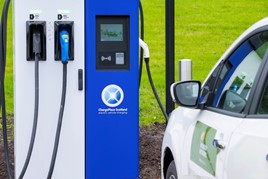
Project PACE is being facilitated by North and South Lanarkshire Councils, who are working with Transport Scotland and SP Energy Networks in order to test a new approach to planning and delivering EV charging infrastructure.
Michael Matheson, cabinet secretary for Transport, Infrastructure and Connectivity, said: “This is all part of our ambition to phase out the need for new petrol and diesel cars and vans by 2032. We’re investing over £30 million in our ChargePlace Scotland network and I’m encouraged that Scotland already has the highest level of rapid EV charging provision per head of population in comparison to the rest of the UK. We will continue to go from strength to strength through initiatives like Project PACE as we continue to decarbonise our transport system.”



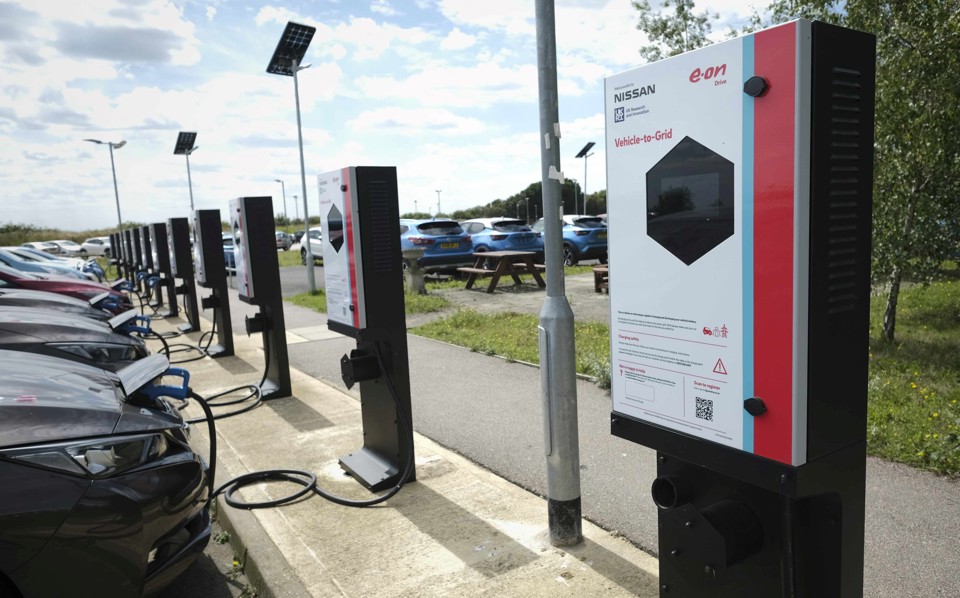
















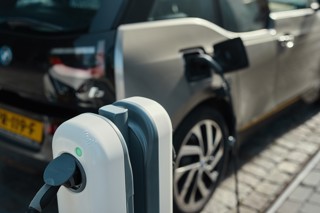
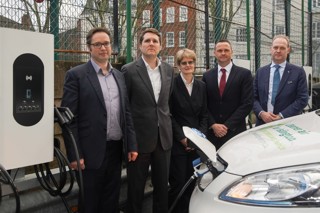
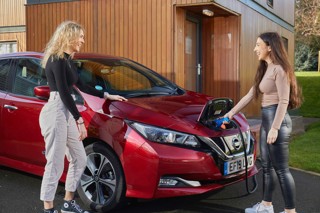
Login to comment
Comments
No comments have been made yet.